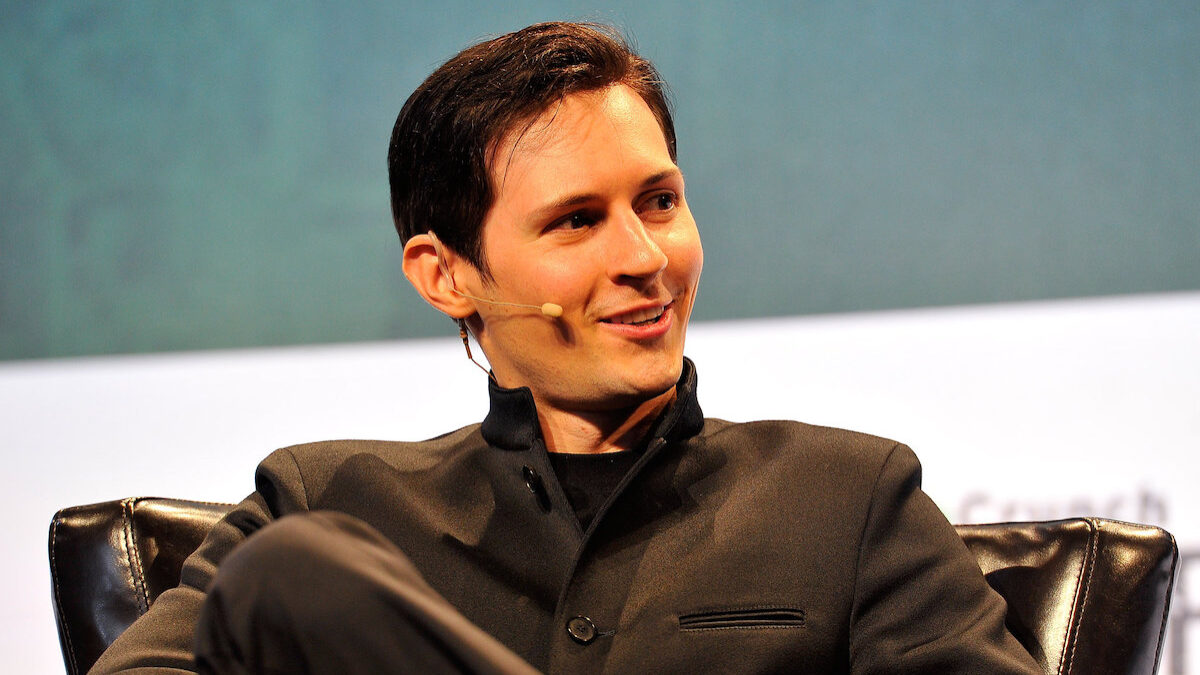Ireland is currently engulfed in a bitter debate over a national referendum on gay marriage to be held this Friday. They could draw some useful lessons from America’s own little experiment with gay marriage—which turns out to be a cautionary tale about what can go wrong.
My own position on gay marriage has run the gamut from profoundly ambivalent to vaguely sympathetic. Back when it was still an option, I was all in favor of “civil unions” that would allow gay couples to create the same legal relationship as marriage but without the name. But the idea that gay unions had to be called “marriage” gave me the heebie-jeebies. I was generally willing to acquiesce to the idea of gay marriage, but I feared that gay marriage advocates were seeking to use the power of the state to coerce public acceptance of homosexuality.
Well, there’s no reason to speculate about that any more. We’ve conducted our national experiment with gay marriage and the results are in. After the attempts to force pastors to officiate gay weddings, after that baker in Oregon got fined $135,000, and after the national campaign against Indiana for passing a law that sought to protect religious freedom, I consider those fears fully vindicated.
What we have learned is that, for a very large number of its advocates, gay marriage is not just about seeking a recognition of the rights of gay people; it is also about beating down Christians and coercing them into renouncing their beliefs. If you can brand gay marriage holdouts as “bigots,” that’s all that is necessary to declare them without rights and outside the protection of the state. Their sincere religious convictions are dismissed as a “flimsy cloak of piety” that is “discordant with cultural norms”—as if that were a crime—so everyone must be made to mouth their support for “the law of the land.”
For a lot of advocates, this is an essential part of the purpose of gay marriage: once it is in place, they expect to be able to use anti-discrimination laws to force dissenters to toe the new government line.
What does that mean in practice? For the most advanced example, the Irish need only look north to Belfast, in British Northern Ireland, where a Christian baker has just been found guilty of “discrimination.” This time, it’s not for refusing to provide a cake for a gay wedding. It’s for refusing to provide a cake with a pro-gay-marriage political message.
Which is to say that gay rights activists are discovering the strategy of “one man, one vote, one time.” Once gay marriage is established, it will become mandatory to support it, and the very possibility of political dissent on the issue will be foreclosed.
In Ireland, I suspect some of this is fueled by pent-up resentment against the formerly powerful Catholic Church. But even if you don’t find the Christians to be very sympathetic victims, this is something that ought to terrify you, because it shows a total absence of any concept of limits on the power of the state. If they can beat down the Christians, they’ll beat us down next.
The lesson of America’s cautionary tale is that Irish voters should pass on approving gay marriage—until it is paired with a broad and explicit protection for freedom of conscience. And if advocates of gay marriage refuse to also guarantee religious freedom, well, that tells you everything, doesn’t it?
When I was debating this on Twitter, as we are wont to do these days, one user brought to my attention two quotes from Thomas Paine that cover the issue so well I cannot improve on them.
The first summed up Paine’s lesson from the Terror imposed after the French Revolution:
There never yet was any truth or any principle so irresistibly obvious that all men believed it at once. Time and reason must cooperate with each other to the final establishment of any principle; and therefore those who may happen to be first convinced have not a right to persecute others, on whom conviction operates more slowly.
The second sums up the spirit that seems to have been lost when it comes to freedom of speech and conscience. I wrote recently about an anti-censorship event in New York City that was scheduled to agonize over such concerns as “censorship of women in the arts,” “censorship of environmentalists and climate scientists,” and “censorship of LGBT artists.” So they were deeply concerned about the freedom of speech they agree with. But what we need, on both sides, is a lot more concern about freedom for the speech we don’t agree with. Or as Paine put it: “He that would make his own liberty secure, must guard even his enemy from oppression; for if he violates this duty, he establishes a precedent that will reach to himself.”
That’s the biggest lesson from America that Ireland should heed.
Follow Robert on Twitter.









